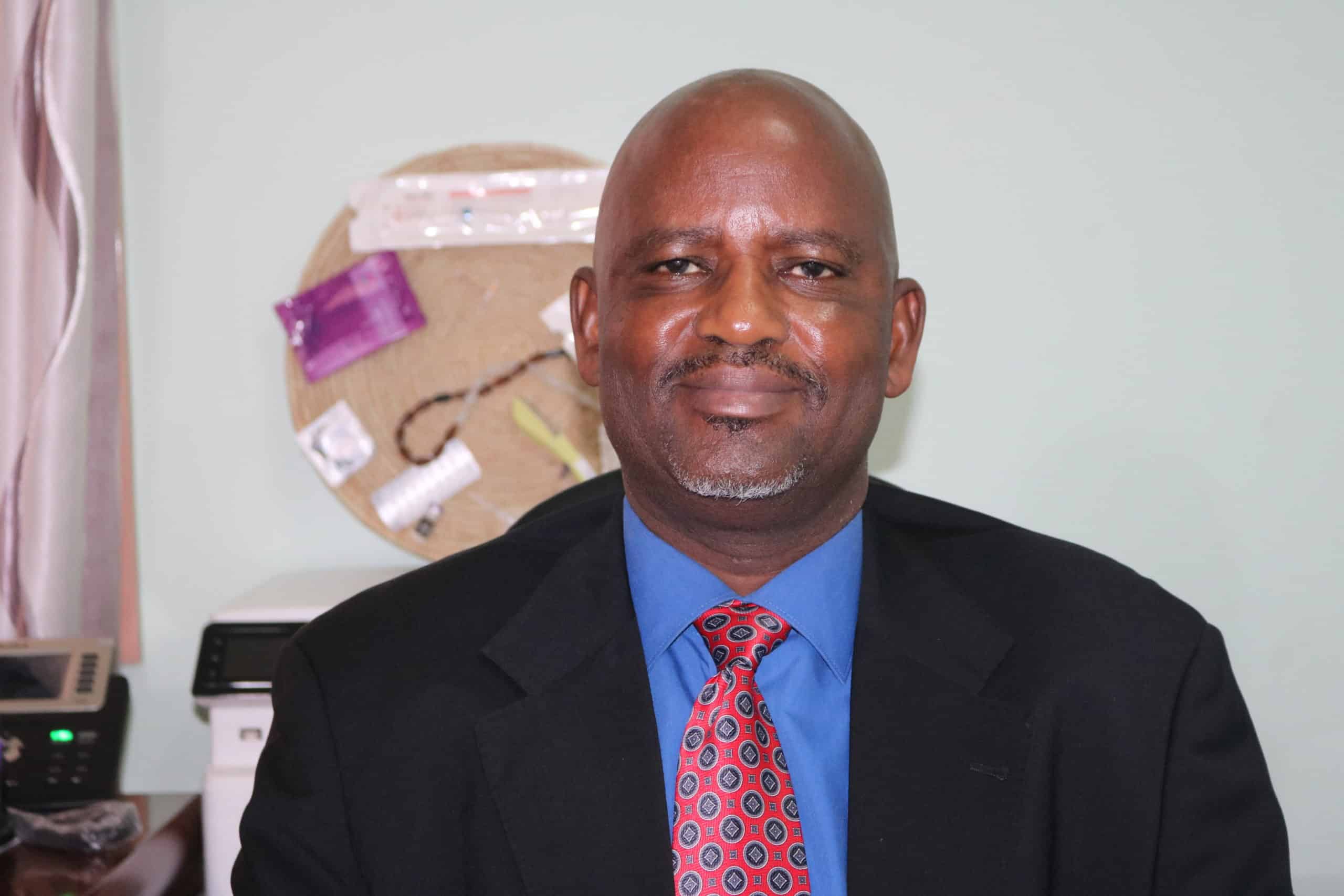In the African context, masculinity has often centred around the man as a dominant leader allowed (and sometimes expected) to be oppressive. It is one of the foundations of gender inequality, and one that is being challenged by the growing push for positive masculinity.
Positive masculinity accentuates noble aspects of masculinity such as courage and generative fathering, a parenting style that encourages fathers to respond more proactively and consistently to their children’s developmental needs. It advocates for men not to be measured by the yardstick of how ”tough” we can be, instead calling for us to use our abilities to promote healthy behaviours and communities.
This is an important and timely shift in mindset, and especially so in the context of health.
For generations, the misplaced notions of what it means to be a man have entrenched harmful gender norms that have in turn influenced how healthcare is designed and delivered. For example, the misconception that reproductive health is the woman’s burden means that majority of African men have no understanding of women’s reproductive health needs. Because topics such as menstruation, contraception, childbirth, and menopause are considered women’s issues, men are absolved of the responsibility of promoting the health and wellbeing of girls and women and yet ironically, are allowed to lead decision-making on matters related to women’s reproductive autonomy.
However, by embracing positive masculinity, we can amplify our roles as leaders and protectors and use these qualities for good.
It starts at a young age. During initiation ceremonies for boys, which primarily involve circumcision and passing down of traditions, we can teach adolescent boys that masculinity is more than physical strength and dominance. We can teach them that masculinity is also about protecting their health and wellbeing and that of their families, understanding everything from nutrition to sexual and reproductive health.
It is at this stage that we can begin to shape young men into allies who believe in the equality of women; men who understand that women’s health is just as important as their own and must be safeguarded. This is especially critical in the African setup, where men are predominantly absent from discussions on women’s and children’s health.
Elderly women also play an important role in decisions about girls’ health, and we must consider their contribution to shaping gender norms. Mothers may unintentionally expect their female children to be submissive to their male siblings for example. We must empower caregivers across all genders to model healthy masculinities for boys, and work with them to build more equal communities.
We need to look at how we communicate these messages to educate both men and women. Amref Health Africa in Ethiopia for example is working with partners to address health inequalities for the improvement of reproductive, maternal, neonatal, child, adolescent and youth health (RMNCAYH).
In a bid to equally distribute the responsibility for reproductive health between women and men, the programme takes a community approach to increase health-seeking actions using targeted social behaviour change communication strategies. Through these strategies, we are seeking to transform the attitudes of communities and empower men to be allies in support of improving women’s and girls’ access to quality reproductive healthcare. The programme has so far reached more than 1.4 million people, including over 300,000 who have been educated on family planning.
In West Africa, Pathfinder’s AmplifyPF project is working with youth in Burkina Faso, Côte d’Ivoire, Niger, and Togo to address unhealthy gender norms that hinder their sexual and reproductive health. The project uses a peer-education approach where teams of young champions (male and female) are trained to provide information on and referrals for sexual and reproductive health care in their communities. The initiative has so far reached approximately 824,000 young people, creating a culture of mutual trust where young people view the champions as relatable and reliable health agents, and champions view their peers as the real decisionmakers when it comes to their own bodies.
The success of these programmes however is dependent on our ability to deliver technical assistance and mentorship support to health workers and community partners to develop capacity within health systems and make them more responsive to the needs of the communities they operate in.
Through enhanced collaboration, we can scale up our engagements with governments, community leaders, youth, women, and other stakeholders to address sexual and reproductive health (SRH) challenges, gender-based violence, teenage pregnancy, and dangerous traditional practices such as early marriage and female genital mutilation and cutting (FGM/C) across Africa.
This was an important theme at the recently held Africa Health Agenda International Conference (AHAIC), where bold and honest conversations on the role of men as allies in safeguarding women’s health were held.
By scrutinising and addressing the social, economic, and cultural barriers driving the suppression of women’s health rights, we hope to not only deliver quality care and encourage men to be active participants in the health of their families, but also change behaviours typically associated with the harmful notions of masculinity that have been taught for generations – many of which pose risks to women’s health and have resulted in violence and abuse of women and girls.
It is not only women who will benefit. Men and boys will also benefit from more inclusive and equitable communities where they are given the freedom to be more nurturing and live outside the restrictions of traditional male roles.
If we are to improve Africa’s health outcomes, African men must begin by embracing positive masculinity and recognising that women’s health is very closely linked to the health of our communities, therefore we have a duty to safeguard it.
By Sintayehu Abebe, Reproductive, Maternal, Neonatal, Child, Adolescent and Youth Health and Nutrition (RMNCAYH-N) Program Head, Amref Health Africa in Ethiopia; Dr. Aguima Frank Tankoano, Chief of Party, USAID AmplifyPF Project, Pathfinder
DISCLAIMER: Brand Voice is a paid program. Articles appearing in this section have been commercially supported.
